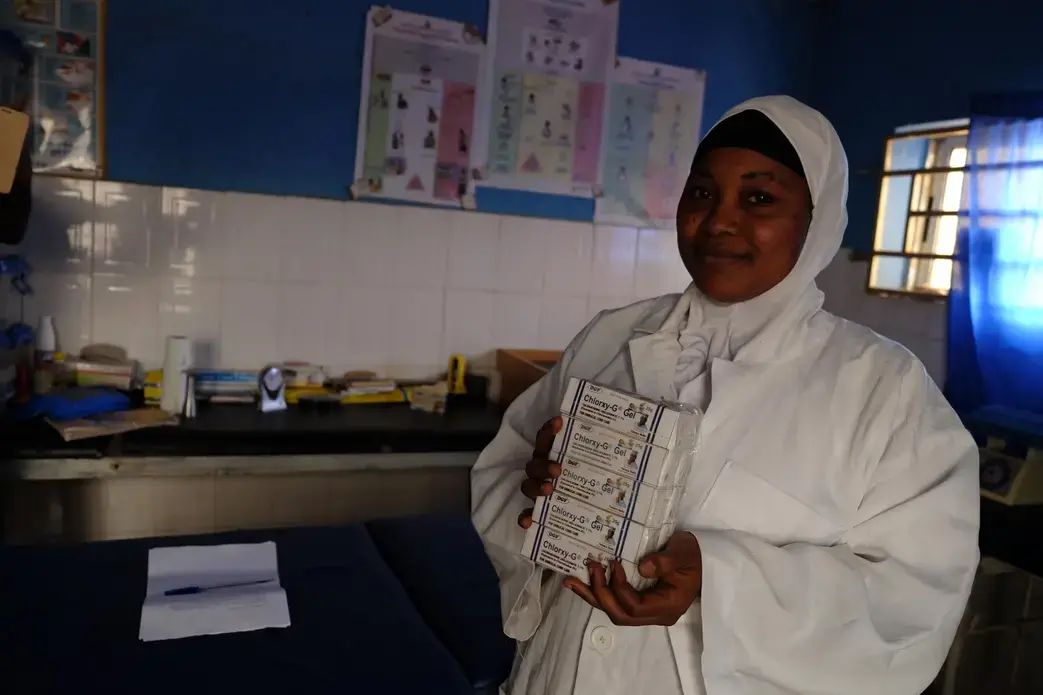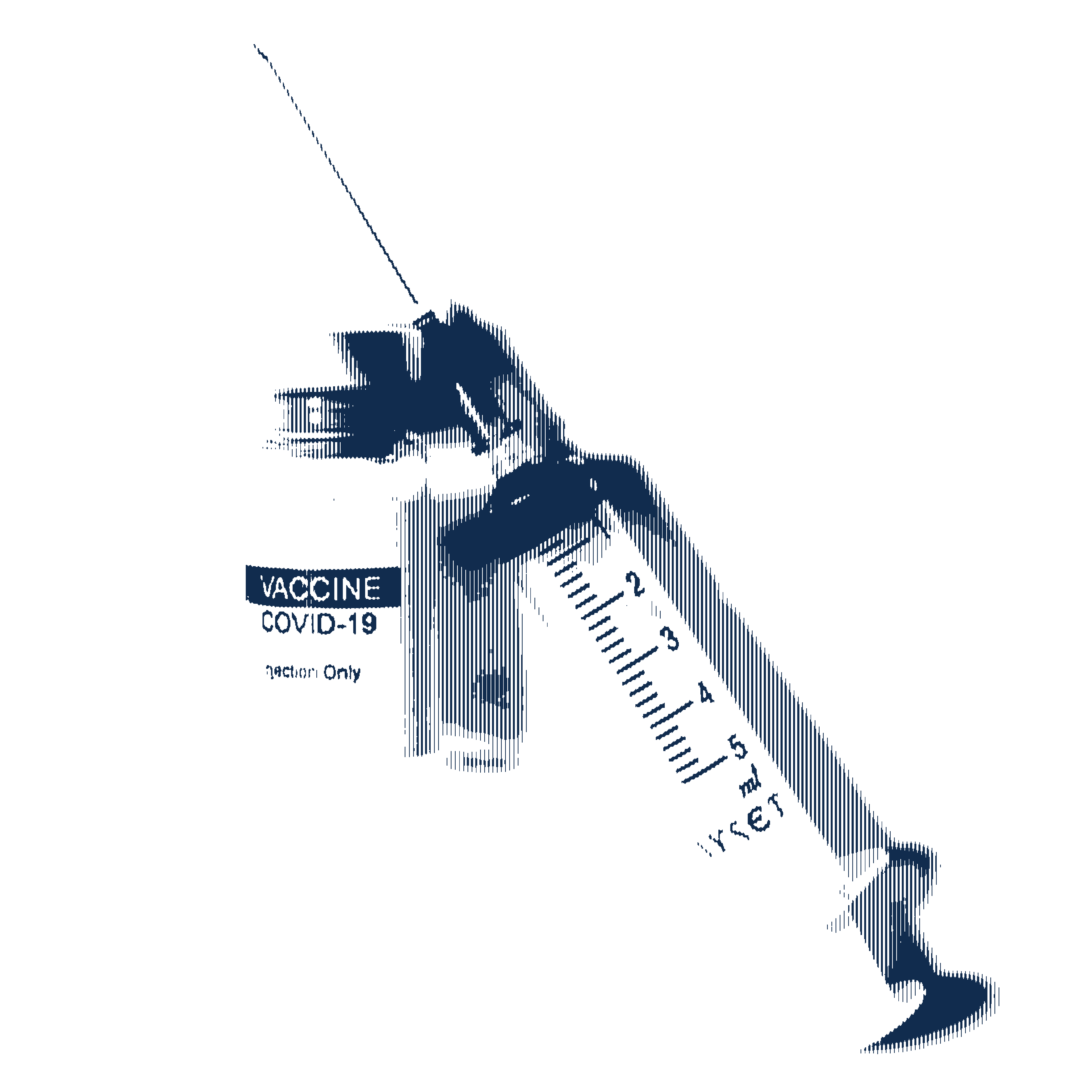



Nearly a quarter of a million Nigerian babies die during their first month of life—one of the world's highest neo-natal mortality rates—including tens of thousands killed by massive infections that invade their bodies through freshly-cut umbilical cords.
Yet the seemingly simple solution of applying a chlorhexidine gel to the umbilical cord right after birth is anything but straightforward, especially in Africa's most populous country, Nigeria. There two-thirds of the seven million annual births take place in the home, and an astonishing 13 percent of those births occur with no one else in the room.
Changing health care behavior is always complicated, whether in the United States–which spends $3 billion annually on pointless arthroscopic knee surgery that has no clinical benefit–or Nigeria. That's because behavioral change has to fit into a complicated array of cultural and political forces.
In Nigeria, those range from raw power politics to deeply-ingrained cultural practices, and from supply chain economics to the difficulties of convincing the so-called "patent and proprietary medicine vendors"—the informal and unlicensed pharmacists who serve much of the country—that they should sell chlorhexidine in the first place.
So far, among the 36 states in Nigeria, the introduction of chlorhexidine is functioning successfully in just a handful of states, including Kogi State, just south of the capital Abuja. T.R. Goldman reports on what it took to make that happen in Kogi, and why it's still so unusual.








